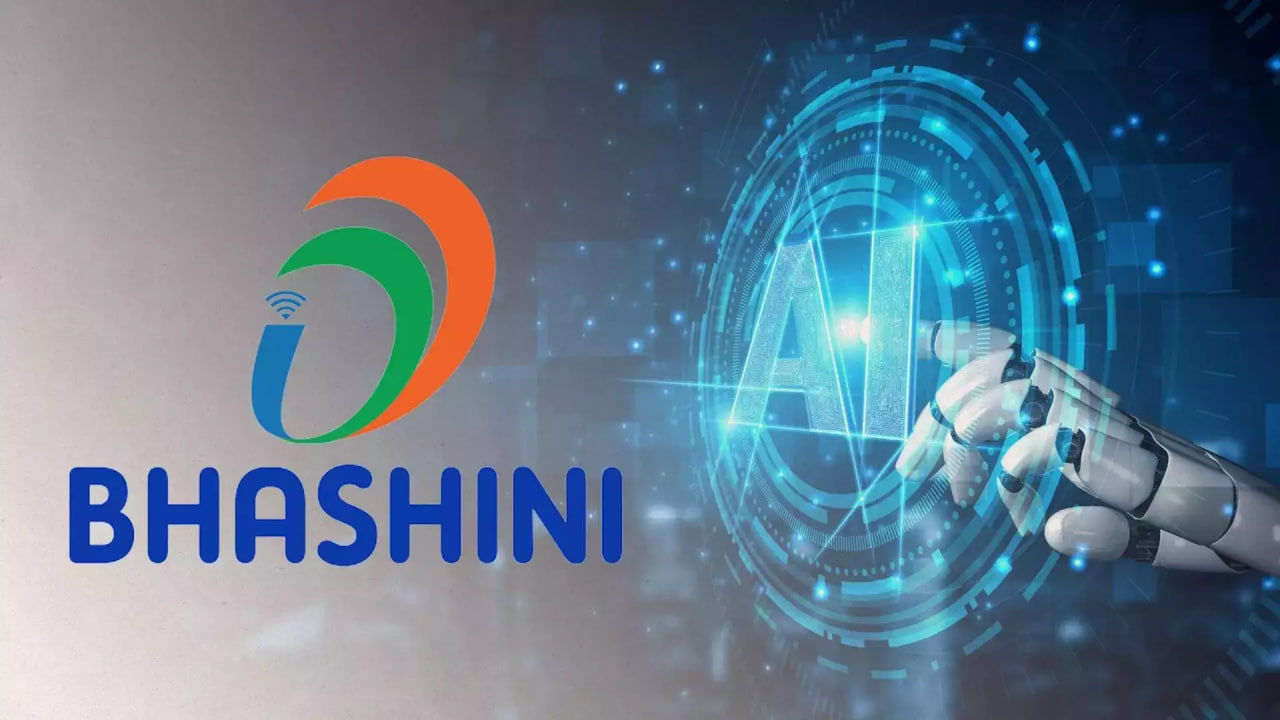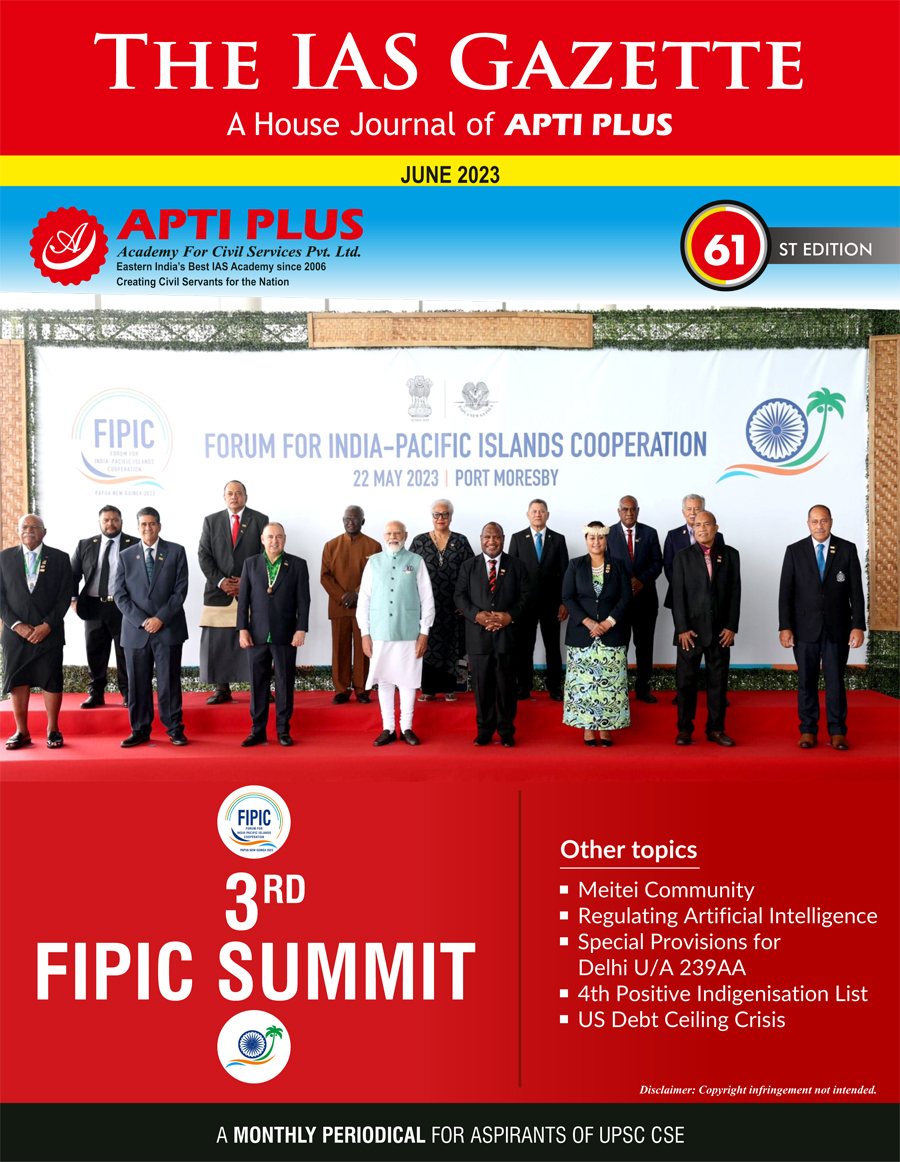Description

Copyright infringement not intended
Context: Prime Minister of India has proposed to share India's AI-based language platform, Bhashini, with the member countries of the Shanghai Cooperation Organisation (SCO) to facilitate communication and cooperation within the regional bloc.
Details
- Prime Minister made this offer during his virtual address at the SCO summit, which was attended by leaders of Russia, China, Pakistan, Kazakhstan, Kyrgyzstan, Tajikistan and Uzbekistan.
- The PM said that "India would be happy to share its AI-based language platform, Bhashini, with everyone to remove language barriers within the SCO. This can serve as an example of digital technology for inclusive growth,"
- The SCO is a Eurasian political, economic and security alliance that was established in 2001 in Shanghai by the presidents of six countries. India and Pakistan joined the organisation as full members in 2017.
- The official languages of the SCO are Mandarin and Russian, but India has been advocating for the inclusion of English as well.

India's AI-based language platform, Bhashini: A game-changer for digital inclusion
- India is a country of linguistic diversity, with 22 official languages and hundreds of regional dialects. However, most of the internet content and digital services are available only in English, which is spoken by less than 10% of the population. This creates a huge barrier for millions of Indians who want to access the benefits of the digital world.
- To address this challenge, the Indian government launched Bhashini, an AI-based language platform that aims to enable easy access to the internet and digital services in Indian languages, including voice-based access, and help the creation of content in Indian languages.
- Bhashini was unveiled in 2022 and was recently presented by the Prime Minister of India at the Shanghai Cooperation Organisation (SCO) summit, where he offered to share it with other SCO member countries to remove language barriers within the international grouping.
Components of Bhashini
Bhasha Daan
- A crowdsourcing initiative that invites volunteers to contribute language data, such as text, speech and images, in various Indian languages. The data is used to train AI models and improve the quality of language technologies.
Universal Language Contribution API (ULCA)
- ULCA is a standard API and open scalable data platform that supports various types of datasets and models for Indian language research and development.
- It provides access to language datasets, such as parallel text corpus, monolingual text corpus, automatic speech recognition corpus, text-to-speech corpus, optical character recognition corpus and natural language understanding datasets.
- It provides access to open-sourced models for language-specific tasks, such as machine translation, automatic speech recognition, text-to-speech, optical character recognition and natural language understanding.
- It enables transparent benchmarking of different models using large, diverse and task-specific benchmarks and research community-approved metric systems.
Anuvaad
- A suite of AI tools that leverage natural language technologies to enable translation, transcription, transliteration, summarization and sentiment analysis in Indian languages.
- It helps users communicate across languages, access information in their preferred language and create content in Indian languages.
Significance
- Bhashini has significant implications for India's digital inclusion and empowerment.
- By transcending language barriers, Bhashini can help millions of Indians access the internet and digital services in their language, increase their participation in the digital economy and society, and preserve and promote their linguistic and cultural diversity.
- It can foster innovation and collaboration among various stakeholders, such as academia, industry, government and civil society, for developing cutting-edge solutions for Indian language challenges.
Challenges in its implementation and adoption
- Data scarcity: Despite the efforts of Bhasha Daan, there is still a lack of sufficient and high-quality data for many Indian languages and domains. This affects the performance and accuracy of AI models and tools.
- Data privacy: There are concerns about how the data collected from users and volunteers is stored, processed and shared by Bhashini. There is a need for clear policies and guidelines to ensure data privacy and security.
- Digital literacy: Many potential users of Bhashini may not have adequate digital skills or awareness to use the platform effectively. There is a need for capacity building and outreach programs to educate and empower users.
- User feedback: There is a need for continuous user feedback and evaluation to improve the quality and usability of Bhashini's products and services. There is also a need for user-centric design and development to cater to the diverse needs and preferences of users.

Way Forward
- The way forward for Bhashini is to address these challenges and leverage its strengths to achieve its vision of enabling a more inclusive future for all Indians. It has the potential to be a game-changer for India's digital transformation and a model for other countries with similar linguistic diversity.
Must-Read Articles:
BHASHINI: https://iasgyan.in/daily-current-affairs/digital-india-bhashini
Shanghai Cooperation Organization (SCO): https://www.iasgyan.in/daily-current-affairs/shanghai-cooperation-organization-sco-30
|
PRACTICE QUESTION
Q. What is the main objective of Bhashini?
1. To enable all Indians easy access to the Internet and digital services in their language.
2. To increase the content in Indian languages on the web and other platforms.
3. To harness natural language technologies to transcend language barriers and ensure digital inclusion and empowerment.
How many of the above statements is/are correct?
A) Only 1
B) Only 2
C) All of the Above
D) None of the Above
Answer: C
Explanation: Bhashini aims to achieve all of these objectives by creating language datasets and AI technologies for developing language technology solutions, such as machine translation, speech recognition, text-to-speech, optical character recognition and natural language understanding.
|
https://www.indiatvnews.com/news/india/pm-modi-pitches-for-sharing-india-ai-based-language-platform-bhashini-with-sco-nations-2023-07-04-879361














